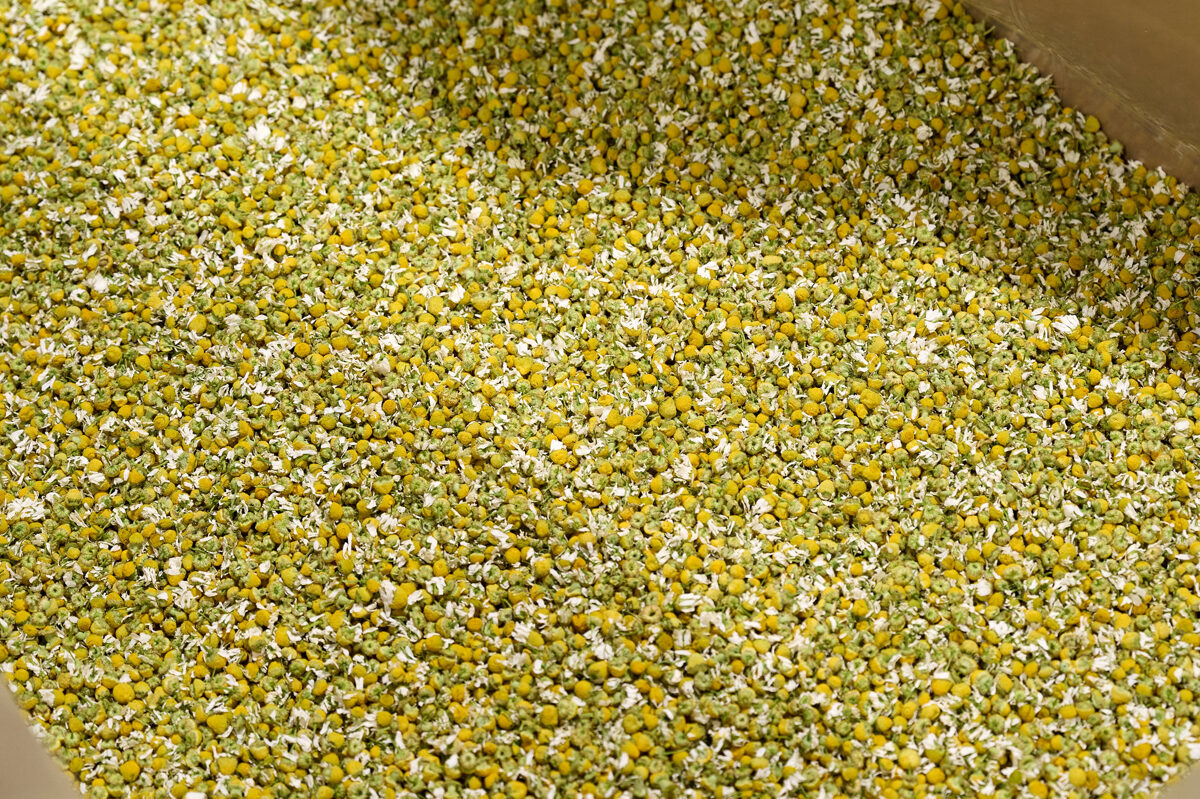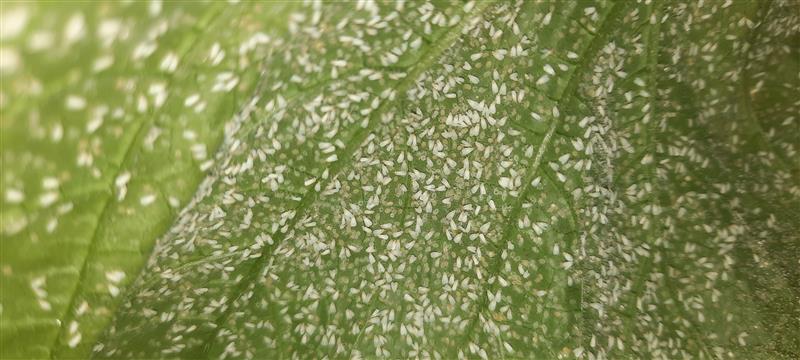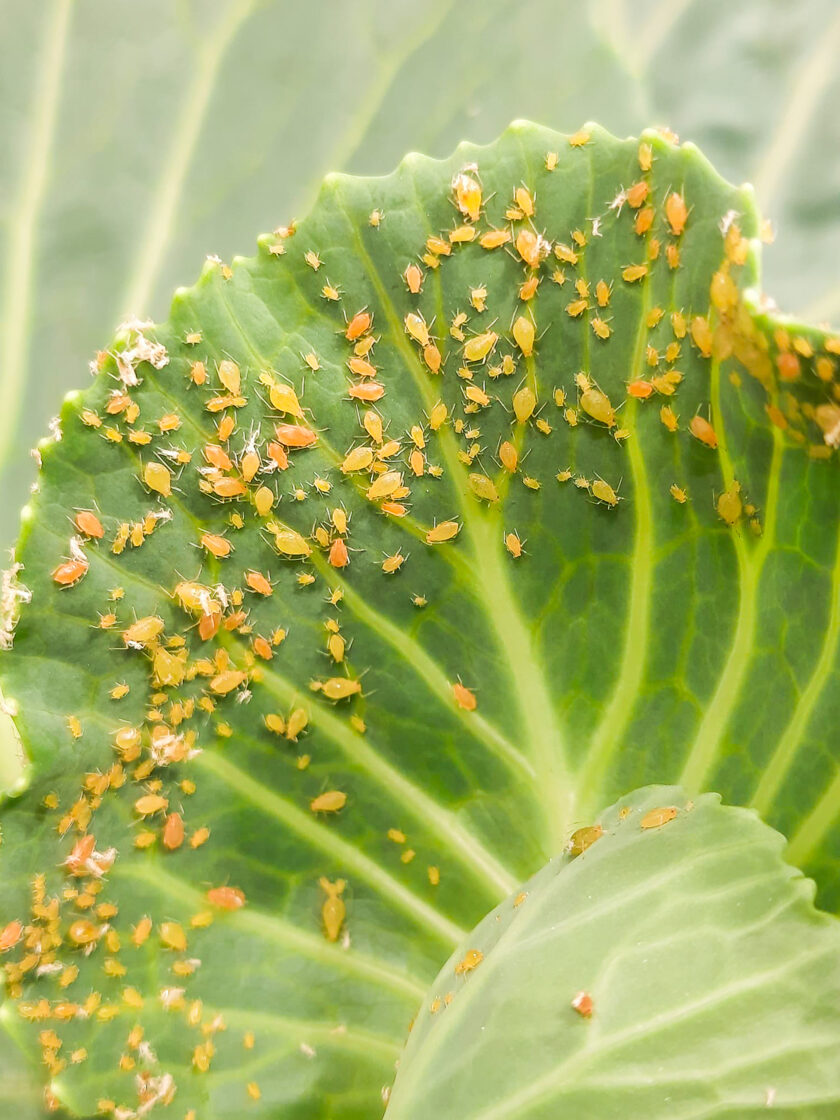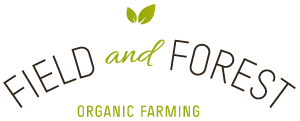Organic insect repellents from medicinal plant essential oil by-products

Chamomile (Matricaria chamomilla) biomass for essential oil extraction. From medicinal plant (chamomile (Matricaria chamomilla), caraway (Carum carvi) and pine (Pinus sylvestris)) distillation by-products IES researchers will develop bioactive insect repellents. Image: Institute for Environmental Solutions.
In conventional farming, the insects are commonly controlled by using
chemical pesticides, but in organic farming it is prohibited. Currently,
the support for organic farming is increasing, mainly due to growing
concern about the health and environmental risks caused by chemical
pesticides. At the same time, in recent years, the use of chemical
pesticides in Latvia has increased slightly, but gradually. Similar
tendency can be observed in the European Union (EU). Therefore, EU
member countries have developed the Biodiversity Strategy for 2030. The
strategy has set an aim to decrease the use of chemical pesticides by 50
% until 2030. Another important aim is to increase the percentage of
certified organic agriculture land from 7.5% in 2018 to 25% in 2030.
Latvia is already one step ahead with 14% certified organic agriculture
land. Nevertheless, changes in the use of pesticides in Latvia and the
EU are not taking place at sufficient speed.
IES researchers will develop plant-based bioactive insect repellent as an alternative to chemical pesticides. To achieve it IES will cooperate with organic farming and essential oil extraction experts SIA “Field and Forest”. The developed insect repellent will be suitable for both conventional and organic farming.

Cabbage butterfly (Pieris brassicae) in IES entomology laboratory tests.
One of three insects for which plant-based repellent product will be
developed. Image: Institute for Environmental Solutions.

Greenhouse whitefly (Trialeurodes vaporariorum) in IES entomology laboratory tests. One of three insects for which plant-based repellent product will be developed. Image: Institute for Environmental Solutions

Green peach aphid (Myzus persicae) in IES entomology laboratory tests. One of three insects for which plant-based repellent product will be developed. Image: Institute for Environmental Solutions.
The first step for development of plant-based repellent will be chemical evaluation and characterization of extracts from essential oil distillation process by-products. Afterwards, bioactive insect repellent will be created in IES chemical analysis laboratory. From medicinal and aromatic plant essential oil production process SIA “Field and Forest” will obtain by-products which still contain compounds of biologically active substances. Then, IES researchers will use the by-products to create bioactive insect repellent.
The second step of the research will be testing of plant-based insect repellent in IES practical entomology laboratory to determine the effects on insects. Researchers will evaluate the effect on green peach aphid, greenhouse whitefly and cabbage butterfly. These species cause significant damage to agriculture, both in Latvia and in other countries. Moreover, they are feeding from multiple agricultural crops simultaneously, thus they can do more harm than other pests in our region.
Finally, the third step of this research will be insect repellent testing on different plant species. The tests will be carried out in IES crop research laboratory. For testing insect repellent on plants, researchers have chosen two plants – cucumbers and cabbages. They are commonly known as feeding sources for green peach aphid, greenhouse whitefly and cabbage butterfly. During this step, the researchers will test how the use of developed insect repellent impact plant development, for example, their weight, leaf growth and the amount of chlorophyll.
The research is a part of the project “Essential oil distillation waste streams as a potential source of sustainable plant-based repellent products” (No. Nr. 1.1.1.1/20/A/096). It is developed as a part of the European Regional Development Fund programme 1.1.1.1 measure “Support for applied research” and specific objective 1.1.1 “Improve research and innovation capacity and the ability of Latvian research institutions to attract external funding, by investing in human capital and infrastructure”.
More about the project here.
